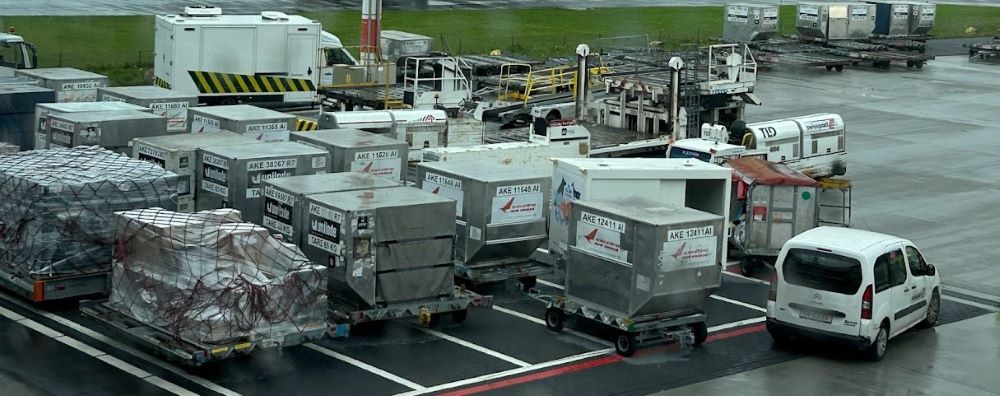Air freight handling employers and FNV Aviation are taking the first step towards a sector collective labor agreement.
The air cargo handling sector in the Netherlands is on the threshold of a significant transformation. Employers and unions have joined forces to create a uniform sector collective labor agreement, a move that will equalize employment conditions in this crucial industry. On February 27, the Air Freight Handling Employers' Association (WLVA) and the FNV Aviation union took a historic step by signing a protocol that lays the foundation for these changes. The intended sector collective labor agreement, which should come into effect from January 1, 2025, replaces the various company collective labor agreements currently used by air freight companies such as Menzies World Cargo, Swissport, dnata, and WFS.
This development is not only a milestone for the sector but also a sign of the evolution in the Dutch labor market, where uniformity and clarity in employment conditions are increasingly being sought. The new general sector collective labor agreement will contain agreements on essential aspects such as wages, working hours, health and sustainable employability, thus laying the foundation for a balanced and attractive working environment.
Michel van de Stolpe, chairman of the WLVA, emphasized the importance of this first step towards a sector collective labor agreement. “Equal employment conditions provide clarity for employees, it makes our sector more attractive and it prevents companies from competing with each other on employment conditions.” This statement underlines the view that a uniform collective labor agreement makes the sector not only more competitive but also more attractive for current and future employees.

On the other side of the negotiating table is John van Dorland, director at FNV Luchtvaart, who shares the optimism about the agreement reached. “In the coming period we will negotiate with each other about the precise agreements and interpretation of the sector collective labor agreement. Signing this protocol is a positive starting point to achieve equal employment conditions for all employees in the air freight sector in 2025.” Van Dorland's words reflect a shared commitment to a fair and inclusive approach to employment conditions within the sector.
The move towards a sector collective labor agreement in air freight handling is an example of how sector-wide cooperation can lead to significant improvements in employment conditions. This development not only has consequences for the employees directly involved, but also serves as an inspiring example for other sectors within the Dutch economy and beyond. It illustrates how dialogue, cooperation and a shared vision of the future can lead to concrete improvements in the workplace.




